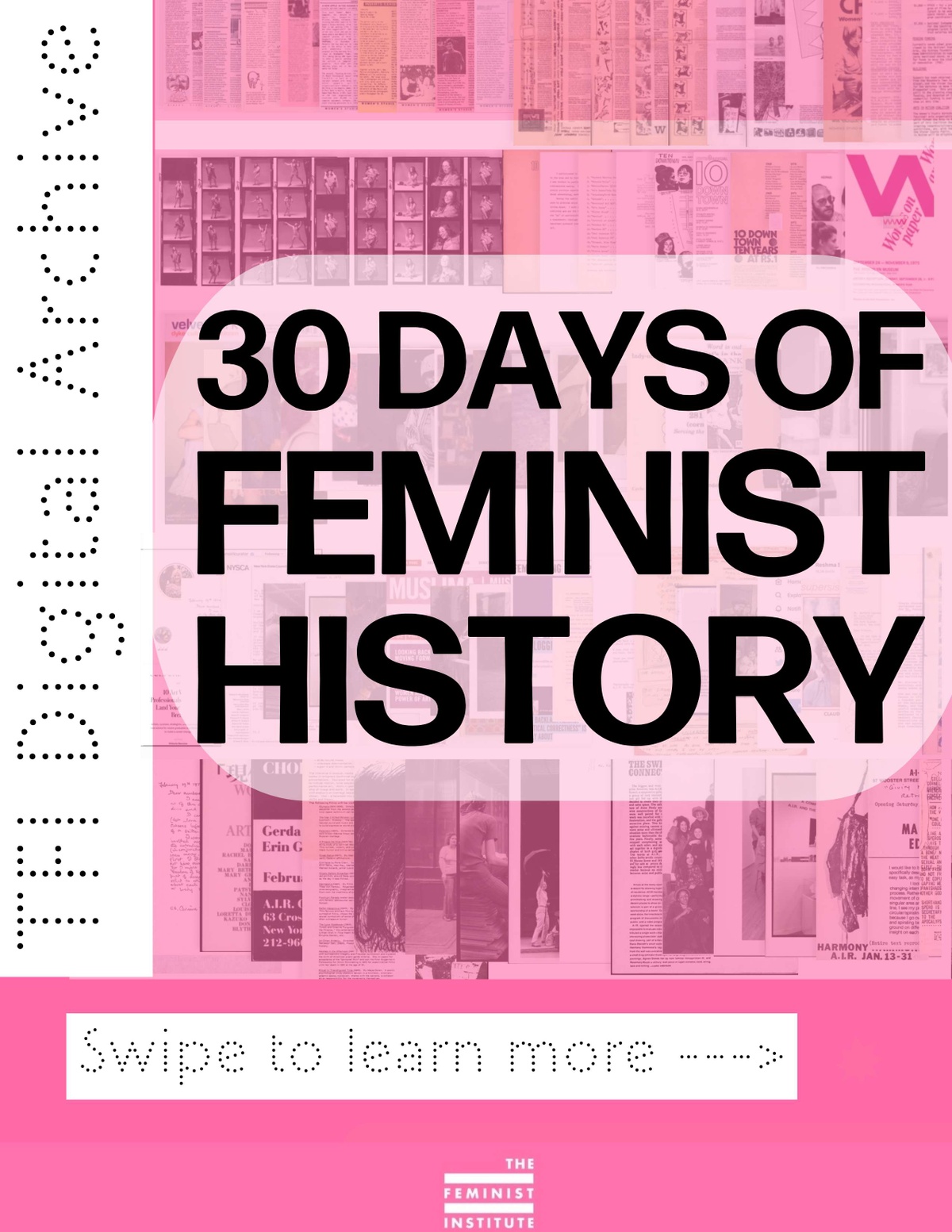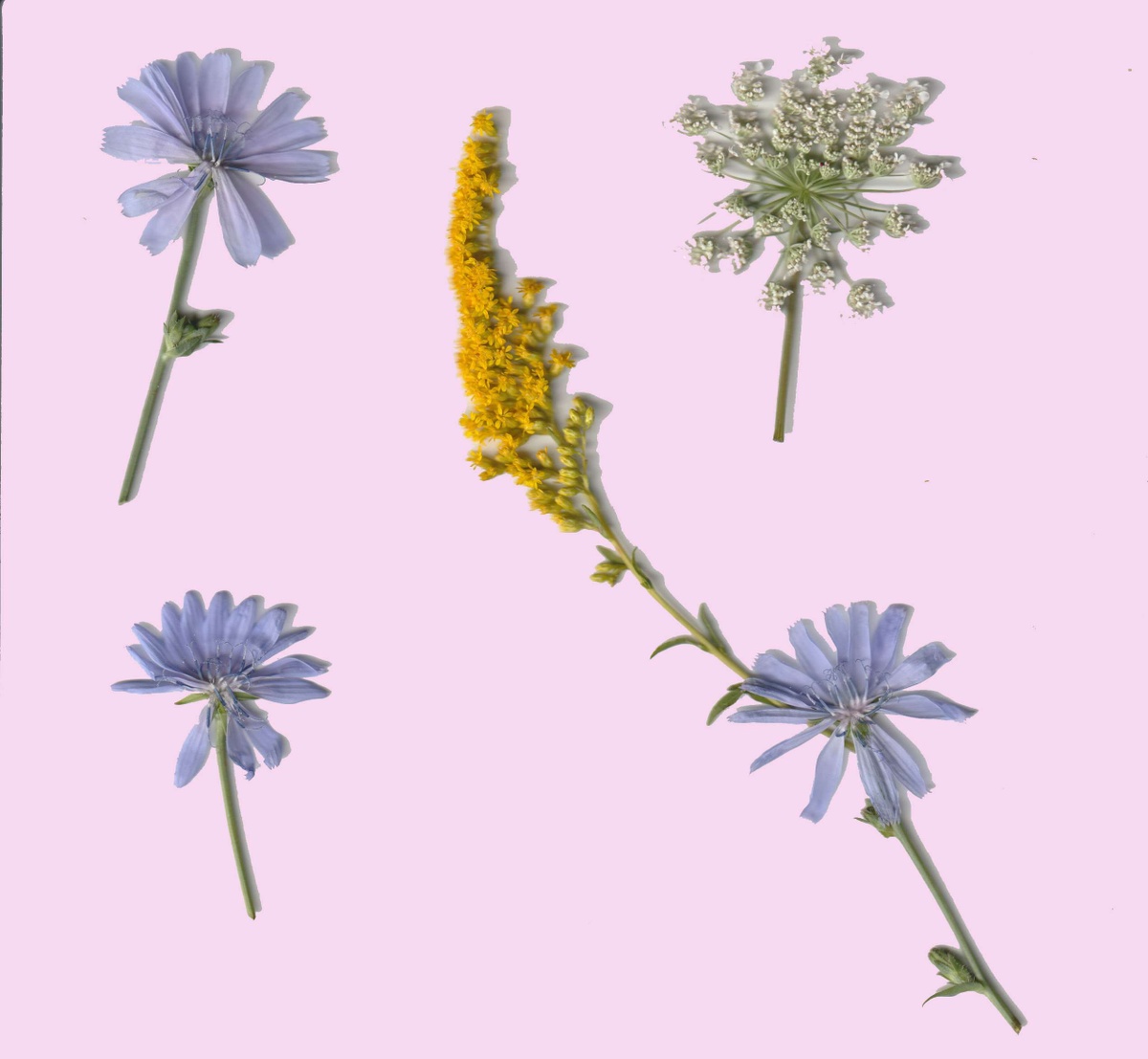Project Feature: supersisters™ — Part 2
As an undergraduate student, I work at the service desk of my university’s main library where I was introduced to The Feminist Institute through a librarian. She reached out to a number of student employees about a project that would take place over the first week of school. I’d heard of neither The Feminist Institute nor supersisters™.

Digitized as part of a partnership between The Feminist Institute and supersisters. See record
Feminist ethics of care was never a term I heard in school growing up. Even in college, I’ve never really heard about philosophies being linked explicitly to feminism when it comes to ethics. Models of hiring, sure. It seems pretty commonplace for me to see or hear “regardless of sex or gender.” But when it comes to an organization or company’s way of working and how they treat their employees, I hadn’t even begun to consider how integral a role feminism could play. Throughout college, I’ve grown in my understanding of what feminism is, what it means to be a feminist, and how I can take values of feminism into other parts of my life. Much less bra-burning and much more seeking equity (having differences acknowledged and responded to individually instead of a one-size-fits-all response). As an English major, it was not a stretch to bring feminism into my line of study. Many who’ve come before me have already published works that analyze literature or social issues through feminist lenses. What’s been a newer concept to me has been understanding other aspects of my life through a feminist lens.
Working at TFI has allowed me to see a feminist lens in action. In TFI, the prioritization of every partner organization’s comfort and desires allows a warm, thoughtful, human understanding of the relationship. The owners’ opinions, schedules, and preferences are taken into account throughout the partnership. These characteristics are all reflective of TFI’s feminist ethics of care, much of which is drawn from Michelle Caswell’s works. In particular, TFI draws from “From Human Rights to Feminist Ethics: Radical Empathy in the Archives” (written with Marika Cifor) and “Come Correct or Don’t Come at All:’ Building More Equitable Relationships Between Archival Studies Scholars and Community Archives” (written with a number of other researchers).
When I first heard the terms “feminist ethics of care” and “radical empathy”, neither of those made sense to me. They sounded as if they were simple things overcomplicated by hyper-specific labels. But after reading Caswell and Cifor’s article, the specificity of those terms has begun to make much more sense. Caswell and Cifor explore what empathy does to someone, how it breaks down the barriers between people and between self and other, encouraging a fuller understanding of humanity’s interconnectedness. In a field where, historically, barriers between object, owner, and archivist have been strict and cold, this concept is radical because it entirely shifts the norm. The warmth brought out by acknowledging archival organizations’ humanity, both on the organizational and individual level, is radical empathy. What makes this empathy and this philosophy of care feminist is that through this version of empathy and care, we’re seeking equity and equality in partnerships. Care, rather than being an intrinsically feminine act, is something that’s become feminized because it’s been the lived experience of so many women.
This past week, Melissa Rich (the daughter of supersisters co-founder, Lois Rich) and I met at Maven Space to continue the organization of supersisters™ materials, reopening boxes we’d already begun categorizing back in August and opening boxes that had only been skimmed over in our initial project. We talked about the differences in the environments we’d worked in before. I’ve always ended up in places where women were in charge, where men were either few and far between or not there at all, yet she’s dealt with more male-dominated spaces. At the beginning of this conversation, I didn’t know what common ground we had. Generations divide us, yet we quickly found we’re united in our journeys to understanding what feminism is. Both of us had hang-ups over what exactly feminism is and where the line is between working for representation and working to further feminism. This interaction was a practice in radical empathy. While our separation wasn’t so stark that it was a hardship to understand each other, what made this radical empathy was crossing over that generational divide by listening to each other even when we couldn’t relate directly.
This conversation is the first of many. Our conversation made me think of the power such a simple conversation has. How much more could we accomplish through archival work if we engaged with this radical empathy? Feminist ethics is almost a natural byproduct of deep empathy, something that only needs a little bit of nurturing to come into itself. This conversation also gives me even more hope. It won’t all be easy work, but if I can be encouraged so much by one conversation while engaging in radical empathy, I can’t help but think of what’s to come.

